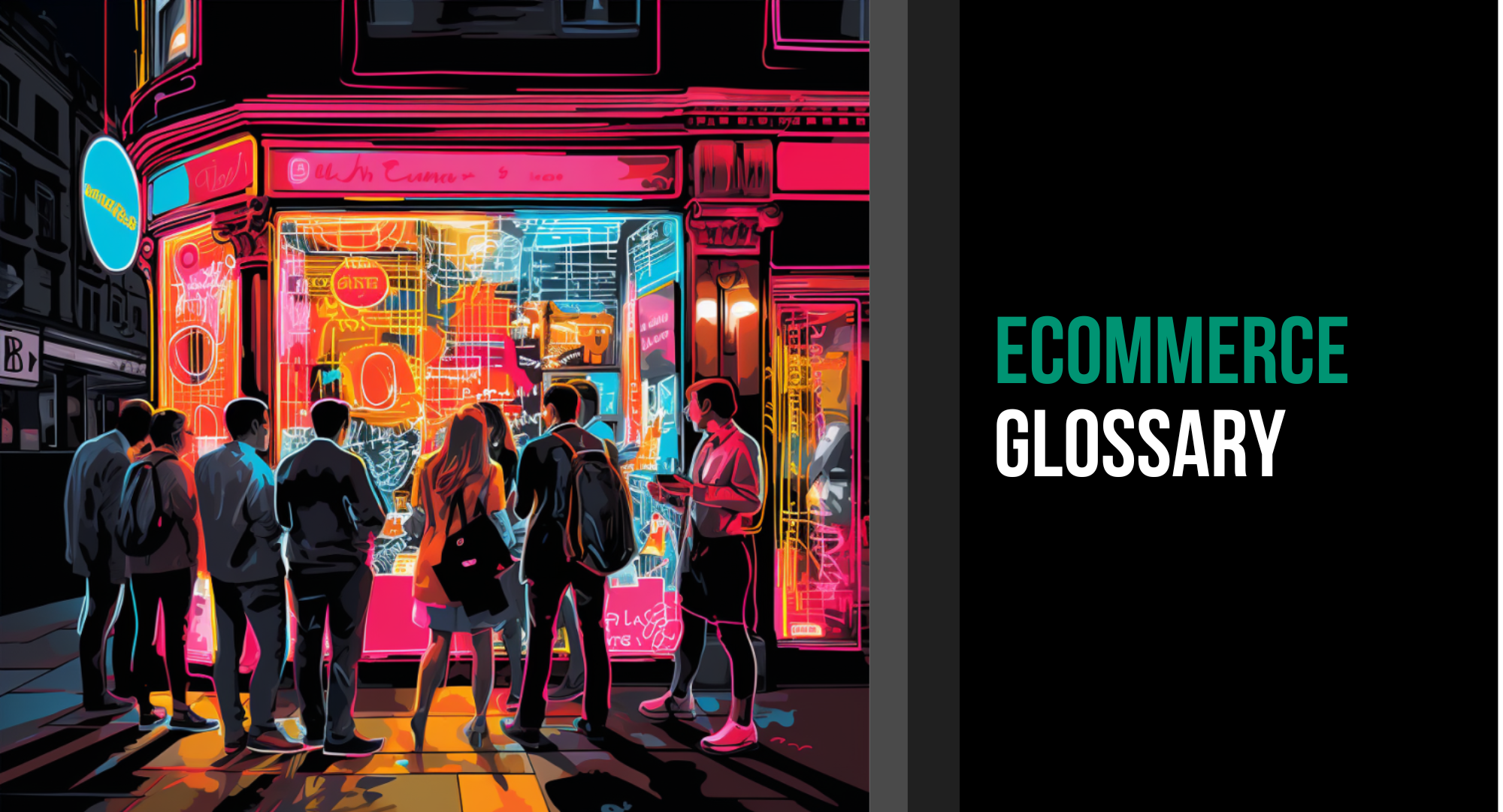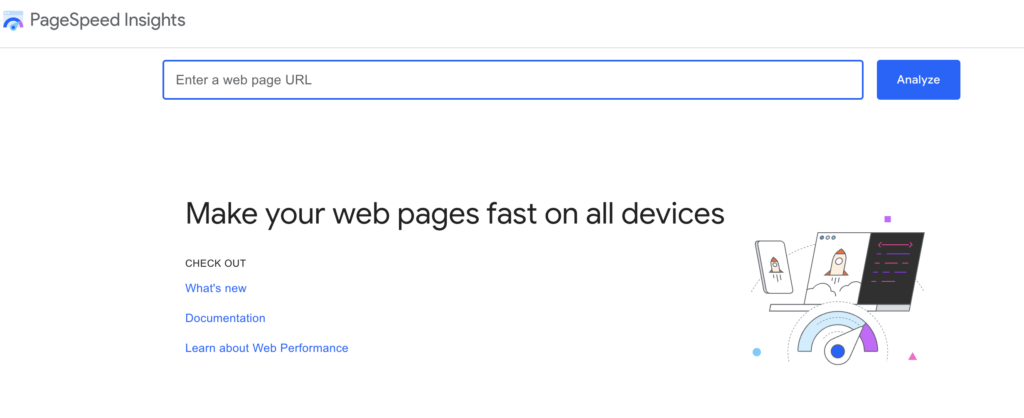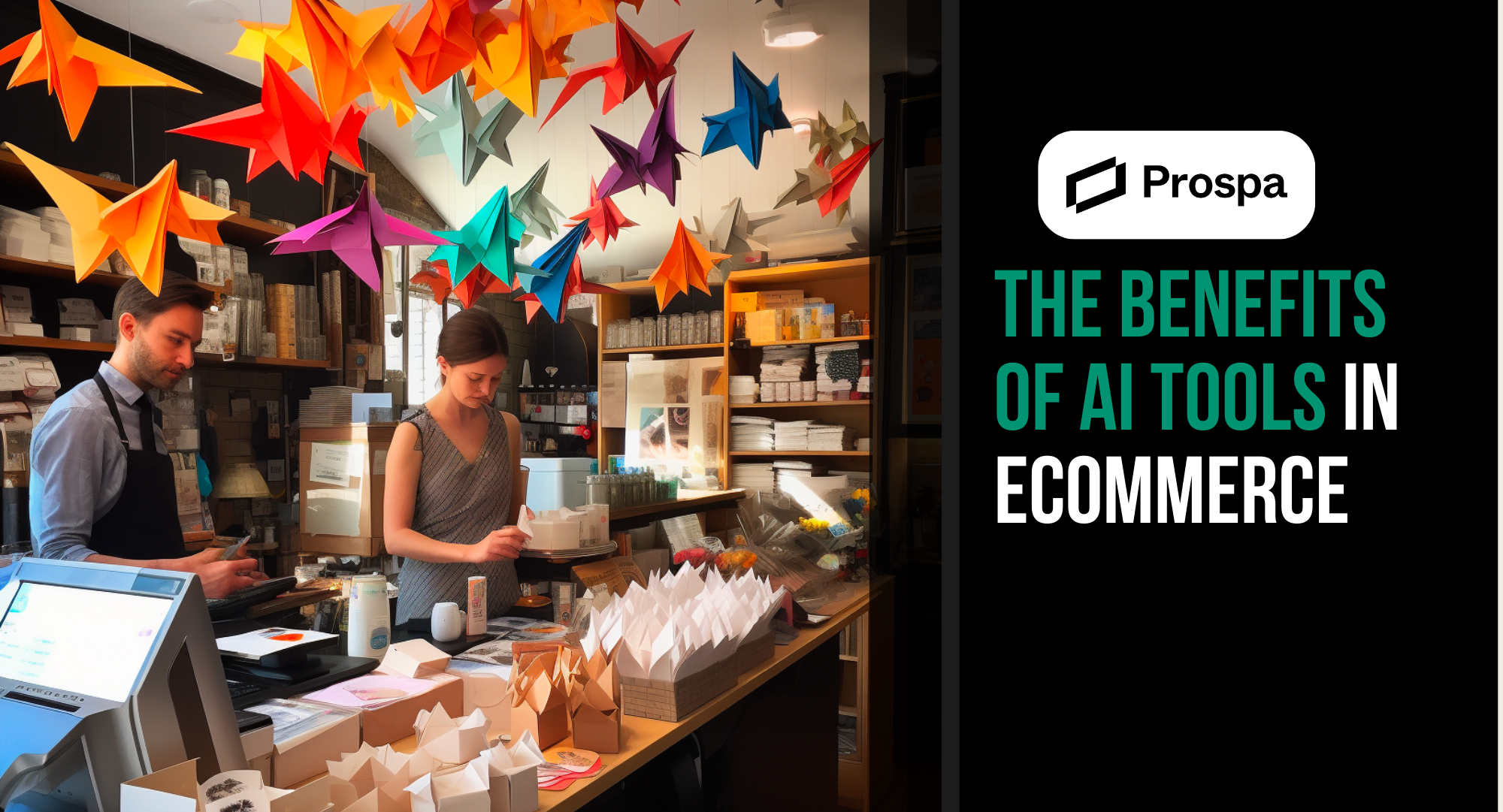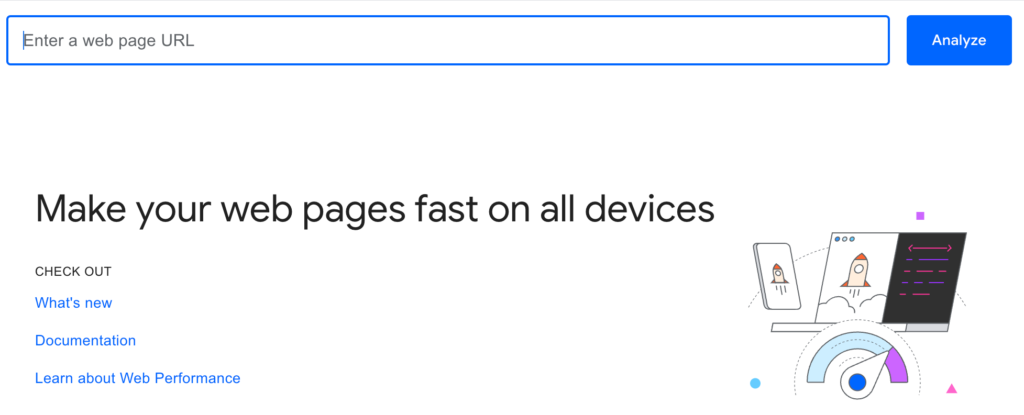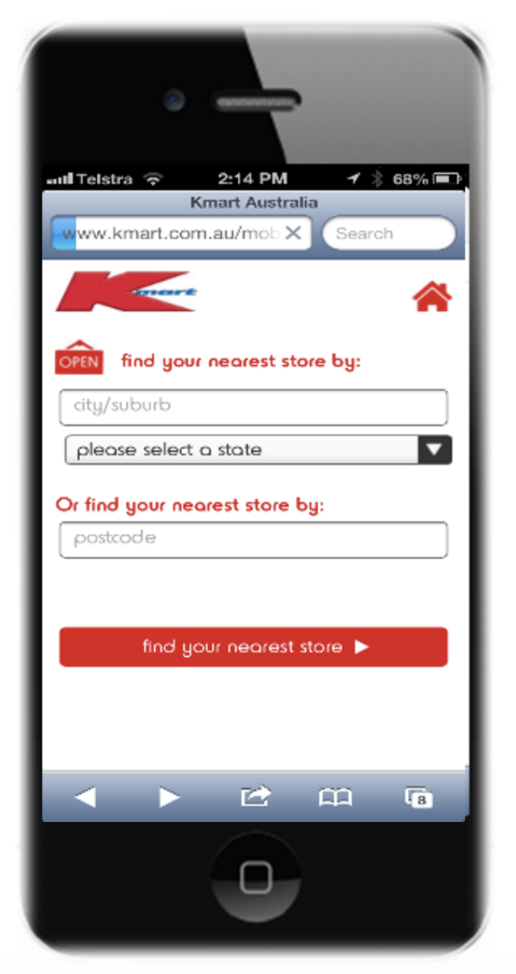In the rapidly evolving landscape of ecommerce, it’s crucial to have a solid understanding of industry terminology and strategies for success. This glossary for Ecommerce delves into key terms, offering insights into the intricacies of online retail. From cutting-edge technologies like augmented reality to essential strategies like conversion rate optimisation, each term reflects a crucial aspect of the dynamic world of ecommerce.
Ecommerce Glossary:
| Term | Definition |
|---|---|
| Augmented Reality (AR) | Integrating digital elements into the real-world shopping experience, providing interactive and immersive product engagement. |
| Abandoned Cart Recovery | Strategies to re-engage customers who have added items to their online cart but left before completing the purchase, reducing cart abandonment rates. |
| Affiliate Marketing | Performance-based marketing is where businesses reward affiliates for driving traffic or sales to their website expanding reach through partnerships. |
| API (Application Programming Interface) | A set of rules allowing seamless integration between ecommerce platforms and third-party services, enhancing functionality and connectivity. |
| Bounce Rate | The percentage of visitors who navigate away from a website after viewing only one page is a metric used to gauge website engagement and user interest. |
| Call to Action (CTA) | Prominent prompts on a website encourage visitors to take specific actions, such as making a purchase, signing up, or exploring products. |
| Chat Commerce | Utilising chat platforms, chatbots, or live chat for customer interactions, product recommendations, and purchase assistance, enhancing real-time customer engagement. |
| Conversion Rate Optimisation (CRO) | Strategies and techniques aimed at improving the percentage of website visitors who complete desired actions, such as making a purchase, and enhancing overall conversion efficiency. |
| Cross-Selling | Recommending additional products to customers based on their current selection, encouraging them to purchase complementary items and increasing average order value. |
| CTR (Click-Through Rate) | A metric representing the percentage of users who click on a specific link compared to the total number of users who view a page, measuring the effectiveness of online campaigns. |
| Dynamic Pricing | Adjusting product prices in real-time based on factors such as demand, competition, and customer behaviour, optimising pricing strategy dynamically. |
| Ecommerce Platform | A software solution allowing businesses to build, manage, and operate online stores, providing a foundation for digital commerce. |
| EDM (Electronic Direct Mail) | Email marketing campaigns that deliver promotional content and updates directly to subscribers are a powerful tool for customer engagement. |
| Fulfillment Center | A facility where ecommerce orders are received, processed, and shipped to customers, ensuring efficient order fulfillment. |
| Geotargeting | Delivering personalised content, promotions, or advertisements based on the geographic location of the website visitor, enhancing relevance. |
| Headless Commerce | Decoupling the front-end presentation layer from the back-end ecommerce functionality, providing flexibility and customisation options. |
| Influencer Marketing | Collaborating with individuals with a significant online following to promote products or brands, leveraging influencer reach for marketing purposes. |
| Keywords | Specific words or phrases relevant to products or services crucial for search engine optimisation (SEO) and driving targeted traffic. |
| KPI (Key Performance Indicator) | Metrics used to measure the success of ecommerce strategies, such as conversion rates, average order value, and customer lifetime value. |
| Live Streaming Commerce | Broadcasting live video sessions showcasing products and allowing viewers to make purchases in real time, enhancing interactive shopping experiences. |
| Merchandise | Products available for sale encompass the entire range of goods offered by an ecommerce store. |
| Mobile Commerce (mCommerce) | Ecommerce transactions are conducted via mobile devices, emphasising mobile-friendly design and user experience. |
| Omnichannel Retail | Providing a seamless and integrated shopping experience across various channels, including online, in-store, and mobile. |
| Open Rate | The percentage of email recipients who open a marketing email, measuring the effectiveness of email campaigns. |
| Personalisation Engine | AI-powered systems that analyse customer data to deliver personalised product recommendations, content, and shopping experiences. |
| Progressive Web App (PWA) | Web applications provide a native app-like experience, enhancing speed and usability for mobile users. |
| QR Code Payments | Enabling customers to make payments by scanning QR codes simplifies checkout. |
| Recurring Billing | Charging customers on a regular and predefined schedule is common for subscription-based ecommerce models. |
| Retargeting | Displaying ads to users who have previously visited a website but did not make a purchase, encouraging them to return and complete a transaction. |
| Search Engine Optimization (SEO) | Strategies and practices to improve a website’s visibility in search engine results, driving organic traffic. |
| Subscription Box Model | Offering products to customers on a recurring basis through subscription plans, often with a curated selection. |
| UI (User Interface) | A website or application’s visual elements and design focus on creating a user-friendly and aesthetically pleasing experience. |
| Upselling | Encouraging customers to purchase a higher-priced or additional item increases the overall value of the sale. |
| UX (User Experience) | A user’s overall experience when interacting with a website or application encompasses design, navigation, and overall satisfaction. |
| User-Generated Content (UGC) | Content created by customers, such as reviews, images, or testimonials, to build trust and authenticity. |
| Virtual Try-On | Allowing customers to digitally try on products, such as clothing or accessories, before making a purchase. |
| Webrooming |
|
| Yield Management | Adjusting prices based on demand and inventory levels to maximise revenue and profit. |
| Zero-Day Delivery | Offering same-day delivery services, meeting the growing demand for fast and convenient shipping options. |
As the ecommerce landscape continues to evolve, mastering these terms and concepts is essential for businesses aiming to thrive in the competitive online marketplace. This glossary for Ecommerce provides a comprehensive overview of the language and strategies that define the world of ecommerce.
BIO
Kelly Slessor, is an Ecommerce Coach and a digital marketing expert. Passionate about retail, hospitality and retail service providers. As the founder and CEO of Shop You, an AI powered personalised virtual shopping mall she has spent 20 years building retail technology that responds to customer needs, drives conversions and increases revenue. Over the past year she has worked with over 1000 retailers and hospitality providers. If you want discover more about digital growth and optimisation, work with me.


